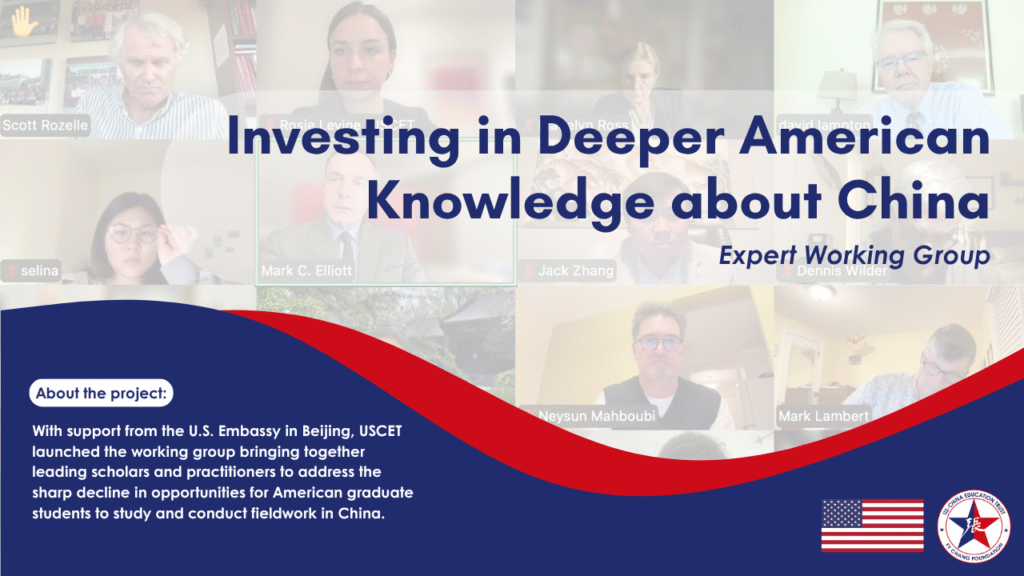
The US-China Education Trust, with support from the U.S. Embassy in Beijing, has launched the working group “Investing in Deeper American Knowledge about China” to address the decline of American graduate students studying and conducting research in China. The project focuses on strengthening pathways for fieldwork and in-country study at a time when security concerns, political constraints, and limited funding have sharply reduced student mobility, threatening both future expertise and the long-term health of U.S.-China relations.
The working group brings together leading experts, including David M. Lampton (Chair), Madelyn Ross (Senior Advisor & Rapporteur), Jean Oi (Stanford University), Neysun Mahboubi (University of Pennsylvania), Margaret K. Lewis (Seton Hall University), Mark Lambert (formerly State Department China House), and Dennis Wilder (Georgetown University). Collectively, they contribute expertise in China studies, policymaking, and U.S.-China relations. Learn more about them below.
Over the course of three virtual sessions this fall, and culminating in an in-person dialogue with Chinese counterparts in December, the working group will develop concrete policy recommendations. These recommendations will be designed to guide both governments in expanding educational pathways, strengthening people-to-people ties, and reinforcing the importance of the next generation of American expertise for the future of U.S.-China relations.
Working Group Members
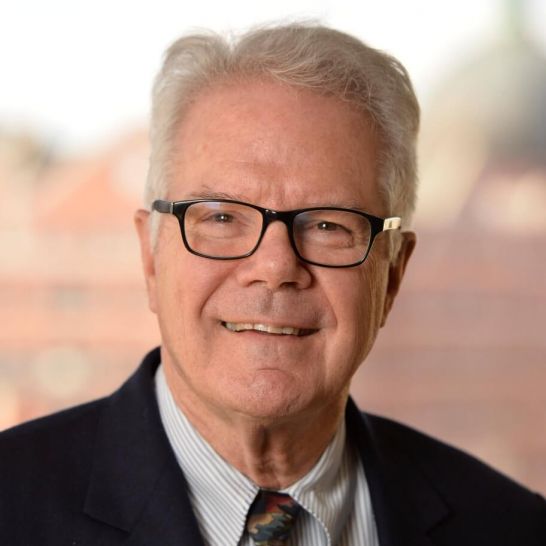
David M. Lampton is Professor Emeritus and former Hyman Professor and Director of SAIS-China and China Studies at the Johns Hopkins School of Advanced International Studies, and Sr. Research Fellow at the Foreign Policy Institute. Having also served as Dean of Faculty from 2004-2012. Formerly President of the National Committee on United States-China Relations, he is the author of many books including, The Three Faces of Chinese Power: Might, Money, and Minds (University of California Press, 2008), with prior publications appearing in: Foreign Affairs, Foreign Policy, The American Political Science Review, The China Quarterly, The New York Times, The Washington Post, and many other venues popular and academic in both the western world and in Chinese speaking societies. He received his BA, MA, and PhD degrees from Stanford University. Dr. Lampton headed the China Studies programs at the American Enterprise Institute and at The Nixon Center (now The Center for National Interest), having previously worked at the National Academy of Sciences and having started his teaching career at Ohio State University.
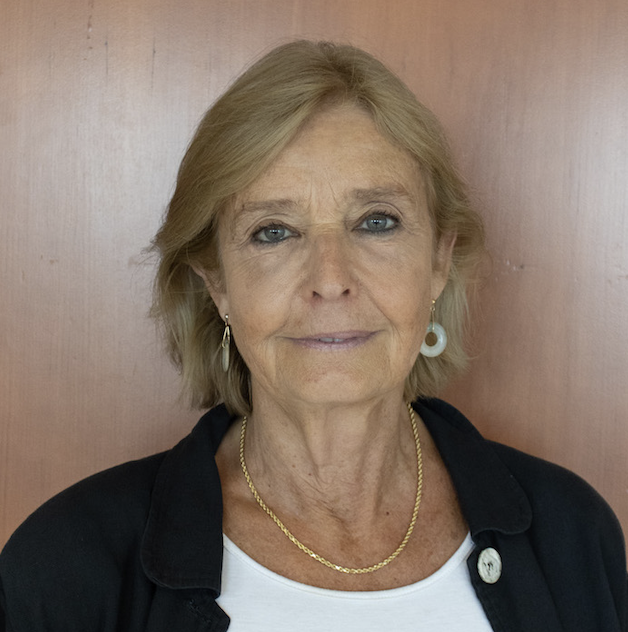
Madelyn Ross has worked in China-related positions in higher education and non-profit organizations for more than 30 years. She served as president of the US-China Education Trust from 2022-2024, and was previously executive director of SAIS China and associate director of China Studies at the Johns Hopkins University School of Advanced International Studies. She worked at George Mason University from 2003 to 2015 as director of China Initiatives across the university, and spent nine years at the US-China Business Council, where she was editor of The China Business Review and executive director of The China Business Forum. One of the first American students to study in China following normalization of US-China relations, Ross did graduate work in modern Chinese literature at Fudan University in Shanghai in 1979-1980. She holds an M.A. in International Affairs from Columbia University and a B.A. in East Asian Studies from Princeton University.

Rosie Levine is the Executive Director of the US-China Education Trust (USCET). She previously worked on the China program at the U.S. Institute of Peace and was named a 2024 Project Fellow with the Penn Project on the Future of U.S.-China Relations. Earlier, she spent four years at the National Committee on U.S.-China Relations, where she managed the Public Intellectuals Program and oversaw a major study on American research on China, with findings featured in outlets such as The Guardian, The Atlantic, and the Financial Times. From 2014 to 2018, Levine lived in Beijing, completing her master’s at the Yenching Academy of Peking University and serving as Program Director at the Beijing Cultural Heritage Protection Center. She is a graduate of the University of Michigan, head of Young China Watchers–DC, a Pacific Forum Young Leader, and grew up partly in Beijing.
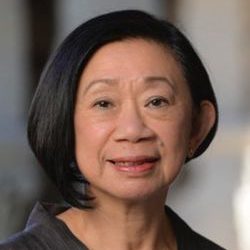
Jean C. Oi is the inaugural Goh Keng Swee Professor in China Studies at the East Asian Institute at the National University of Singapore (2025-2026). She is on leave from Stanford where she is the William Haas Professor of Chinese Politics at Stanford University and a Senior Fellow at the Freeman Spogli Institute for International Studies. She directs the China Program at the Shorenstein Asia-Pacific Research Center and was the founding Lee Shau Kee Director of the Stanford Center at Peking University. Before joining Stanford, she taught at Lehigh University and Harvard University. A scholar of China’s political economy, Oi’s research focuses on central-local relations and the institutional dynamics of reform. Her work has examined how distribution of grain and taxes offer insights into China’s governance and economic development. She received her Ph.D. in political science from the University of Michigan. In 2023-24 she served as President of the Association for Asian Studies.
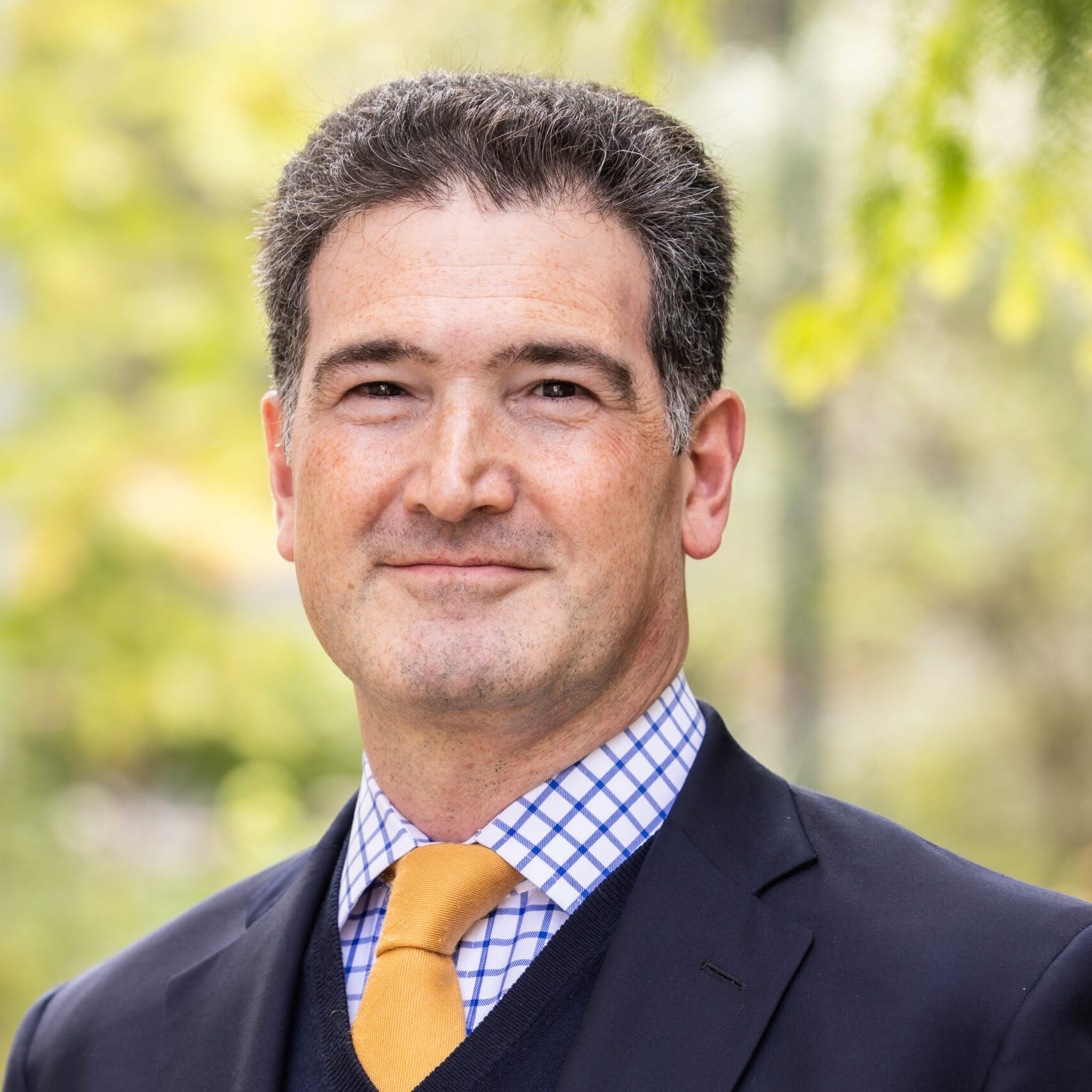
Neysun A. Mahboubi is Director of the Penn Project on the Future of U.S.-China Relations at the University of Pennsylvania, where he teaches on Chinese law, history, and policy and hosts the China Studies podcast. He is also a Non-Resident Senior Fellow with the Foreign Policy Research Institute, a Research Affiliate of the Penn Program on Regulation, and affiliated with Penn’s Center for the Study of Contemporary China. His work focuses on administrative, comparative, and Chinese law, with recent writing on modern Chinese administrative law. A frequent commentator on Chinese law and U.S.-China relations for outlets such as Bloomberg TV, NPR, and the Sinica Podcast, he has taught at Princeton, Yale, and UConn, and earlier served at the U.S. Department of Justice and clerked for Judge Douglas P. Woodlock. He holds a J.D. from Columbia Law School and an A.B. from Princeton University.

Margaret K. Lewis is a professor at Seton Hall Law where she previously also served as Associate Dean for Faculty Development and Institutional Operations. A scholar of legal issues in the U.S.-China relationship, her research focuses on China and Taiwan with an emphasis on criminal justice and human rights. She has been a Fulbright Senior Scholar at National Taiwan University, a visiting researcher at Melbourne Law School’s Asian Law Centre, a visiting professor at Academia Sinica, and a delegate to the U.S.-Japan Foundation’s U.S.-Japan Leadership Program. Lewis is a member of the Council on Foreign Relations and serves on the National Committee on U.S.-China Relations Board of Directors as well as on the Advisory Board for the National Science Foundation’s SECURE (Safeguarding the Entire Community of the U.S. Research Ecosystem) Center at the University of Washington. In addition to publishing widely in academic journals, she co-authored Challenge to China: How Taiwan Abolished its Version of Re-Education Through Labor with Jerome A. Cohen. Lewis earned her J.D. from NYU, her B.A. from Columbia, and also studied at the Hopkins-Nanjing Center.
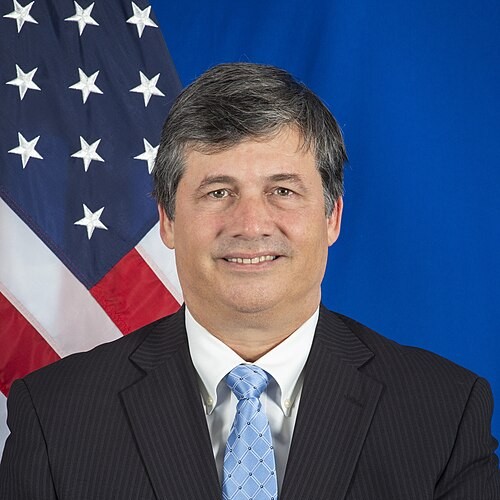
Mark Baxter Lambert served as State Department China Coordinator and Deputy Assistant Secretary in the Bureau of East Asian and Pacific Affairs until January 2025, overseeing the Offices of China and Taiwan Coordination. A career diplomat with extensive experience in Asia-Pacific affairs, he previously managed portfolios covering Japan, Korea, Mongolia, Australia, New Zealand, and the Pacific Islands, and earlier served as Special Envoy for North Korean Affairs, Director of the Office of Korean Affairs, and Political Counselor in Hanoi. Lambert has held multiple assignments in Beijing, Bangkok, Tokyo, and Bogotá, and earlier worked as a weapons inspector in Iraq. Recognized with a Meritorious Presidential Rank Award and numerous commendations, he is noted for his work on human rights, crisis response, and strengthening U.S. relations in the region.
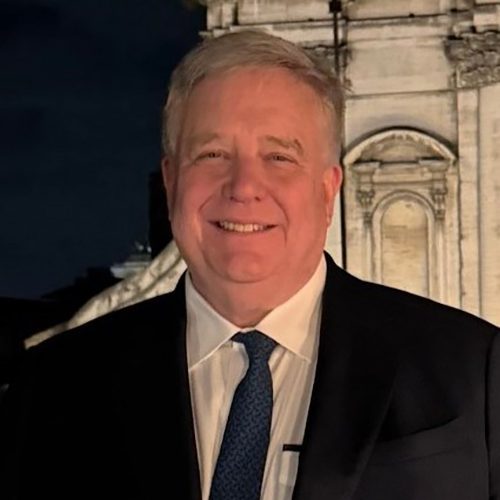
Dennis Wilder is a senior fellow with the Initiative for U.S.-China Dialogue on Global Issues and an assistant professor of the practice in Asian Studies at Georgetown University’s School of Foreign Service. He previously served as the National Security Council’s director for China (2004–05) and as special assistant to the president and senior director for East Asian affairs (2005–09), supporting presidential trips including the 2008 Beijing Olympics. From 2009 to 2015, he was senior editor of the President’s Daily Brief, followed by service as the CIA’s deputy assistant director for East Asia and the Pacific (2015–16). Wilder studied Mandarin at the Chinese University of Hong Kong under Yale-in-China, and his expertise spans Chinese military power, U.S. diplomacy in the Indo-Pacific, U.S.-China relations, and U.S. intelligence. He holds a B.A. from Kalamazoo College and an M.S. in foreign service from Georgetown University.
